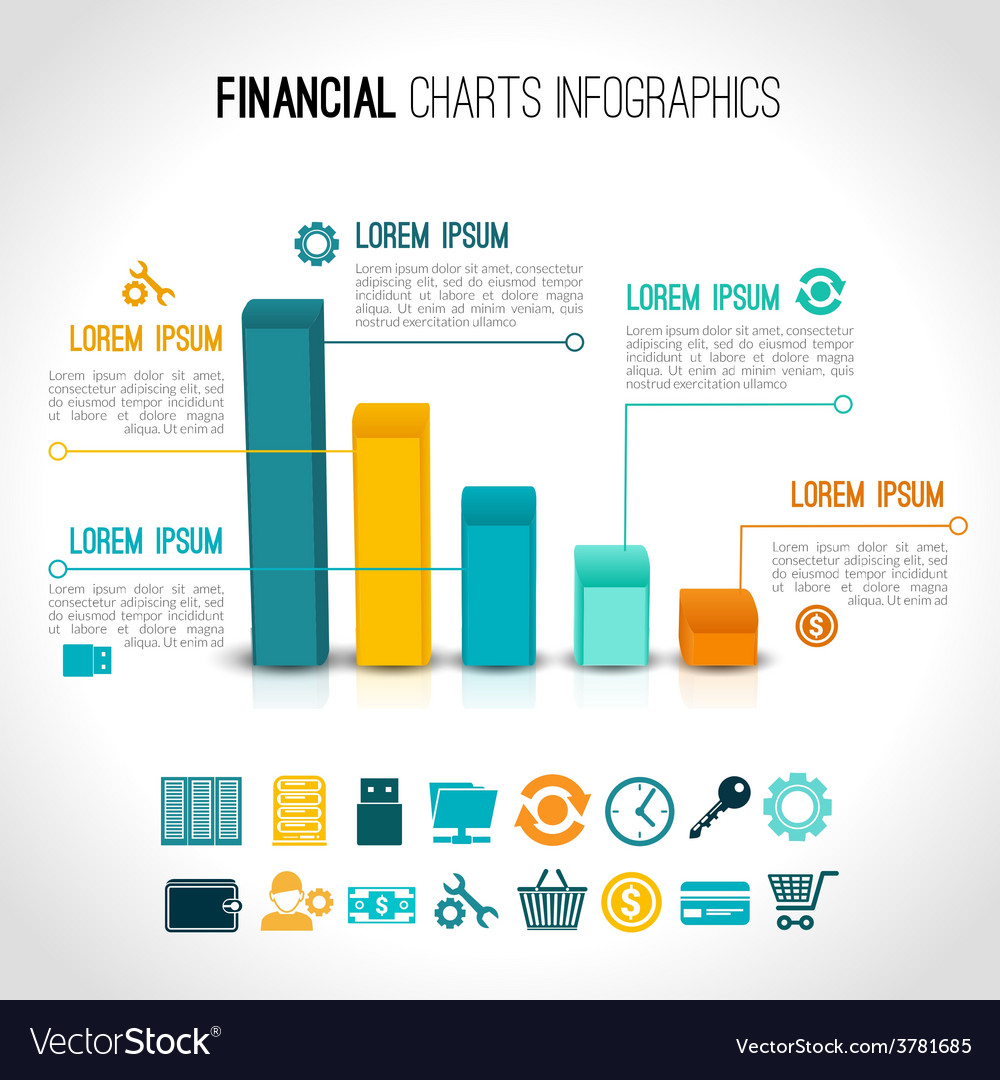The Financial Influence Of Defaulting On A Performance Bond
The Financial Influence Of Defaulting On A Performance Bond
Blog Article
Post Written By-
When a guaranty issues an efficiency bond, it ensures that the principal (the event that buys the bond) will satisfy their obligations under the bond's terms. If the principal fails to fulfill these responsibilities and defaults on the bond, the surety is accountable for covering any losses or damages that result.
1. pop over to this website of online reputation: Back-pedaling a performance bond can harm the principal's track record and reputation, making it tougher to safeguard future organization or funding.
2. Legal and management costs: The guaranty may need to pay legal and management prices associated with seeking the principal for problems or attempting to remedy the scenario.
3. Financial losses: The guaranty might require to cover the expense of completing the job or offering the solutions that the principal stopped working to provide. This can lead to significant financial losses for the surety.
4. Enhanced premiums: If the principal has a history of back-pedaling efficiency bonds, they may be needed to pay greater premiums in the future to acquire the essential bonding.
On the whole, back-pedaling an efficiency bond can have severe economic effects for both the principal and the guaranty. It's important for principals to meticulously consider their commitments and ensure they have the ability to satisfy the terms of the bond to prevent these unfavorable results.
Defaulting on a performance bond can be an expensive misstep for businesses. When you fall short to satisfy the bond's obligations, the monetary repercussions can be substantial. From paying the full bond total up to potential lawful fights and damaged relationships, the effects can reverberate throughout your company operations. Understanding visit their website detailed web of financial effects that back-pedaling a performance bond can have is crucial for guarding your business's financial health and track record.
Financial Penalties for Defaulting
If you back-pedal an efficiency bond, you'll likely deal with considerable punitive damages. These charges can vary relying on the terms of the bond agreement however frequently include paying the bond quantity in full to the obligee. This means that if you fall short to meet your legal commitments, you should pay the bond amount to the task proprietor or the entity that called for the bond.
Furthermore, you may likewise be in charge of any extra costs sustained by the obligee because of your default, such as locating a substitute specialist or covering project delays.
Defaulting on an efficiency bond can also result in legal fees and court costs if the obligee decides to take lawsuit against you to recoup the bond quantity. These expenses can rapidly accumulate, further worsening the monetary effect of your default. It's important to carefully evaluate and comprehend the terms of the efficiency bond to prevent these severe punitive damages.
Influence On Business Cash Flow
Back-pedaling a performance bond can considerably impact your organization capital, impacting monetary security and functional capacities. When you default on an efficiency bond, you take the chance of shedding the bond amount, which can be a substantial sum. This loss straight influences your cash flow, as you'll require to find alternate resources of funding to cover the bond amount. Additionally, defaulting can result in increased examination from sureties, making it tougher and much more expensive to secure bonds in the future. This can further strain your capital as you may require to allot additional sources to satisfy bonding demands.
The influence on your cash flow does not stop there. Defaulting on a performance bond can also lead to project delays or terminations, bring about a loss of revenue. Additionally, the negative credibility that comes with skipping can hinder prospective customers, further reducing your cash flow. On the whole, back-pedaling a performance bond can have detrimental effects on your service's financial health and wellness and ability to run efficiently.
Lawful Implications and Legal Actions
Encountering lawful implications and prospective lawsuits because of defaulting on a performance bond can considerably influence your company's reputation and financial standing. When you back-pedal an efficiency bond, the surety business may take lawsuit to recuperate the bond amount paid. This can cause costly lawful charges, court expenses, and prospective settlements or judgments versus your business.
Moreover, https://www.acainternational.org/news/california-privacy-and-consumer-protection-committee-gets-second-look-at-bill-to-amend-credit-services-act/ on a performance bond may cause harmed connections with clients, subcontractors, and providers, influencing your capacity to safeguard future contracts. Lawsuits emerging from bond defaults can tarnish your service's trustworthiness in the sector, making it testing to bring in new partners or consumers.
In addition, if the default results in a court judgment against your business, it might cause asset seizure or liens, further straining your economic stability. Therefore, https://doineedtoregistermyonline39406.blogripley.com/34532655/what-is-a-guaranty-bond-and-just-how-does-it-work to recognize the lawful implications of defaulting on an efficiency bond and take proactive actions to minimize the threats entailed.
Final thought
As you encounter the consequences of back-pedaling a performance bond, remember this: it resembles walking a tightrope without a safeguard. One wrong step can send you plunging into an economic freefall, without way to quit the loss.
The punitive damages, capital influence, and legal implications are all waiting to capture you if you slip up. So step very carefully, and always honor your dedications to stay clear of the severe effects of default.
